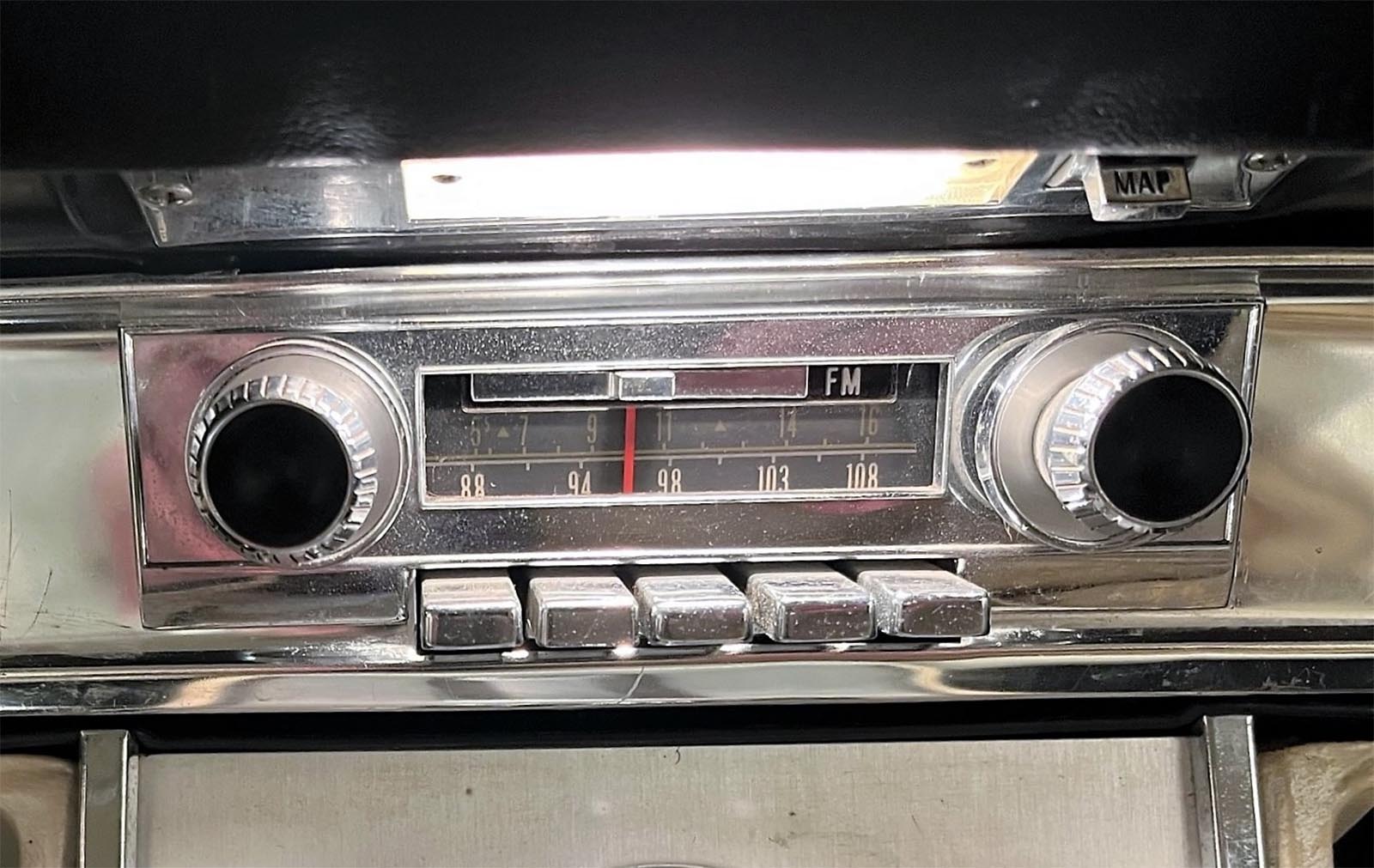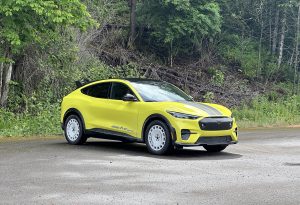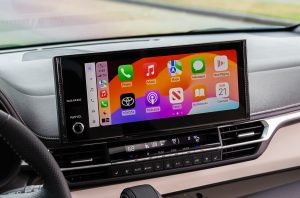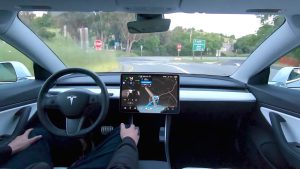A Congressional panel ay approved a new measure that would ensure all new vehicles sold in the U.S. come equipped to receive AM radio. A number of auto manufacturers have begun phasing out that band, some claiming that electric vehicles interfere with AM signals.
With just one objection, a House panel approved the AM Radio for Every Vehicle Act, sending it to the full House for a vote. The Senate is expected to follow the House and, if approved by both chambers, the next step would see it sent to the White House for President Joe Biden’s signature.
The measure would require that all new vehicles sold in the United States come with equipment capable of receiving AM radio. Automakers, including BMW, Ford, Tesla and Volkswagen, have begun phasing out AM claiming that it is too costly to overcome the interference created by their battery-electric vehicles.
Proponents of the AM Radio legislation contend that the band serves a critical public service, providing the ability for authorities to readily reach out to citizens in the event of natural disasters and other emergencies that might disrupt alternatives such as FM and the Internet.
The AM Radio for Every Vehicle Act
The measure was first introduced in the Senate in September 2023 in the Senate and then the House. It has since undergone some revisions to broaden its backing among lawmakers. Sponsors contend that AM radio — and the stations that broadcast in that band — could be seriously impacted were automakers to eliminate the ability to receive those frequencies.
And though there are a growing number of alternatives, such as satellite radio and streaming Internet services, like Pandora and Tidal, data by Edison Research and others indicate about half the time listeners spend tuned to AM stations occurs while in a vehicle.
Backers also argue that AM is critical in emergencies. The band can carry for thousands of miles, much further than FM, and is less likely to be disrupted than other communications methods. Internet-based services rely on maintaining a broad network of land-based cell towers, for example.
The opposition
Automakers contend that their electric vehicles create interference that is difficult to overcome. A 2023 study by the Center for Automotive Research estimated it would cost manufacturers nearly $4 billion through the end of the decade to come up with the technology needed to retain AM, especially in EVs.
And they’ve challenged the argument that AM channels need to be the primary source for emergency communications.
Opponents also claim that interest in AM radio has sharply declined in recent yea
rs due to the band’s focus on talk programming, as well as the better sound quality of alternatives such as FM, satellite radio and streaming services.
Ford cited internal research indicating that only 5% of its customers regularly listened to AM radio.
The trade group, the Alliance for Automotive Innovation, opposes the AM Radio act, CEO John Bozzella telling trade publication Automotive News that it see no reason for “an intervention by Congress to support a particular business model — in this case, advertising-supported analog AM broadcasting.”
More Tech News
- EVs Are Twice as Energy-Efficient as Gas Vehicles
- Ford Maverick Hybrid is the Most Energy-Efficient Pickup on the Market
- These are the Greenest – and Meanest – EVs You Can Buy
What’s next?

Vehicles are getting features like Alexa Built-in, a hands-free system that allows drivers to use voice commands, while some are still trying to save AM access.
There was only one vote against the act in the House Energy & Commerce Committee, Michigan Congressman John James arguing, “We’re putting an unfunded, unnecessary mandate for a problem that doesn’t exist. This is exactly why people hate Washington.”
But despite that position, the AM Radio for Every Vehicle Act now heads to the full House. If it wins passage there it will face a vote in the Senate. Barring the need to reconcile versions of the measure passed in each chamber it would then go to the White House for the president’s signature.
With time running out on the 118th Congress, the measure is expected to move forward quickly.






There are electric vehicles now that have AM radio. I don’t understand what there is to overcome.